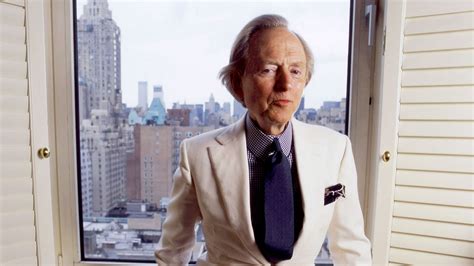A Quote by Jonathan Swift
If a man will observe as he walks the streets, I believe he will find the merriest countenances in mourning coaches.
Related Quotes
Tomorrow I too – this feeling and thinking soul, the universe I am to myself – yes, tomorrow I too will be someone who no longer walks these streets, someone others will evoke with a vague: 'I wonder what's become of him?” And everything I do, everything I feel, everything I experience, will be just one less passer-by on the daily streets of some city or other.
My situation is a solemn one: life is offered to me on the condition of eating beefsteaks. But death is better than cannibalism. My will contains directions for my funeral, which will be followed, not by mourning coaches, but by oxen, sheep, flocks of poultry, and a small traveling aquarium of live fish, all wearing white scarves in honor of the man who perished rather than eat his fellow creatures. It will be, without the exception of Noah's Ark, the most remarkable thing of its kind ever seen.
We find a place for what we lose. Although we know that after such a loss the acute stage of mourning will subside, we also know that we shall remain inconsolable and will never find a substitute. No matter what may fill the gap, even if it be filled completely, it nevertheless remains something else.
No wise man will go to live in the country, unless he has something to do which can be better done in the country. For instance, if he is to shut himself up for a year to study science, it is better to look out to the fields, than to an opposite wall. Then, if a man walks out in the country, there is nobody to keep him from walking in again: but if a man walks out in London, he is not sure when he will walk in again. A great city is, to be sure, the school for studying life.
We were taught to believe that the Great Spirit sees and hears everything, and that he never forgets; that hereafter he will give every man a spirit-home according to his deserts: if he has been a good man, he will have a good home; if he has been a bad man, he will have a bad home. This I believe, and all my people believe the same.
Propose to an Englishman any principle, or any instrument, however admirable, and you will observe that the whole effort of the English mind is directed to find a difficulty, a defect, or an impossibility in it. If you speak to him of a machine for peeling a potato, he will pronounce it impossible: if you peel a potato with it before his eyes, he will declare it useless, because it will not slice a pineapple.




































